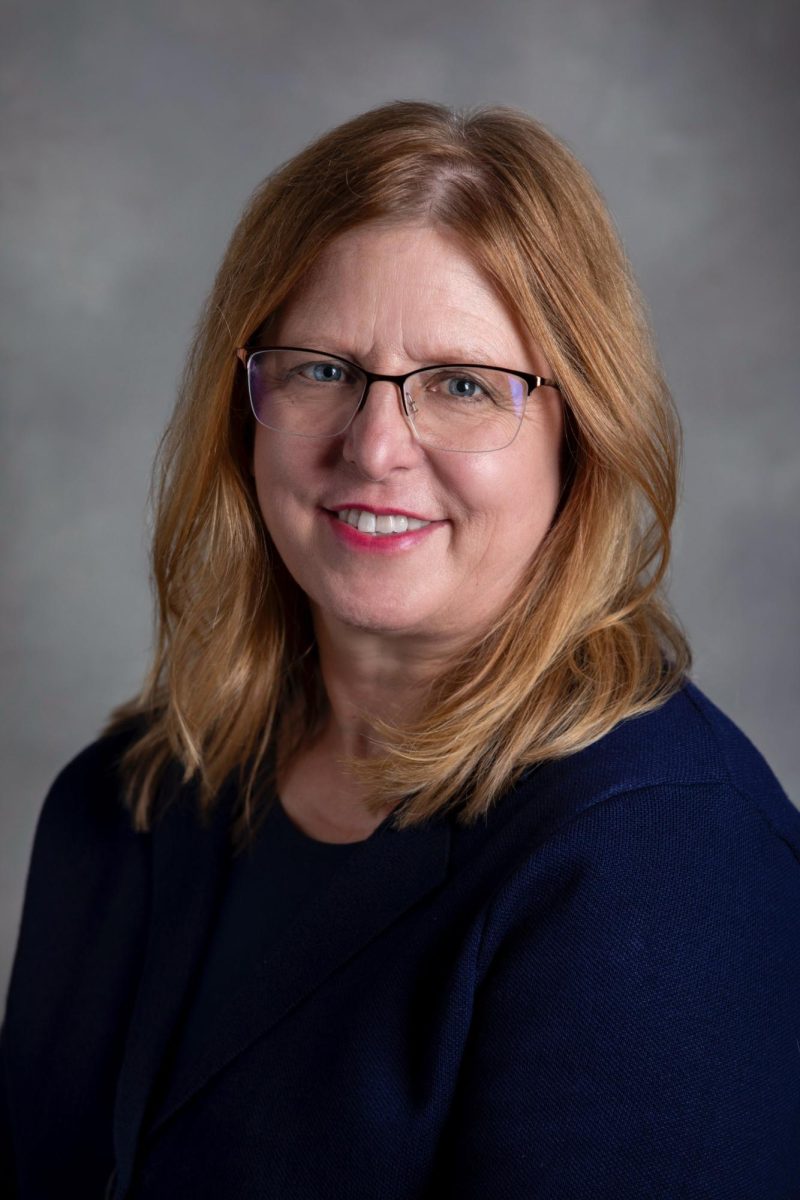Print papers might be giving way to digital media, but print isn’t done yet. And in the end, it will remain the content that matters, far more than how it’s delivered to you.
For decades, the newspaper industry has been foreseeing an eventual shift away from print papers to news that’s distributed in the digital sphere – websites, e-editions, social media, video, apps, e-newsletters.
The second part of that has been realized – media companies are now putting their news content out digitally every day, locally and around the world.
We still have a lot of print subscribers, however, and that will remain the case for a while. But we’re seeing a cascading shift toward people who prefer to read the news we produce on their phones, tablets or laptops, or to listen as news stories are read to them as audio files. They’re demanding that we incorporate more video into our stories that are posted online. Eventually, digital preferences are going to take over.
For now, there are a lot of different ways that people want to get their news, and the news industry is in the unique, transitional position of working to cater to them all.
But the reporters, photographers and videographers who generate the content you see in print and on our digital platforms, and their editors who pull together what those skilled journalists write and shoot each day, essentially still have the same job as generations of journalists who came before them.
It is still the job of journalists to fairly and accurately tell their readers what’s going on in their local community, county, state, nation and world. It’s still their job to double and triple check their facts before sending a story to their editor.
It’s still the job of journalists to question those in power, especially when information comes to light about something that might harm the most vulnerable in our society, including children, the elderly, those with physical and mental disabilities, the poor and those otherwise disenfranchised.
It’s still the job of journalists to intimately know the communities and the people they cover, so their stories genuinely reflect the reality of those they’re writing about.
It’s still the job of journalists to listen to all sides and to incorporate as many perspectives as possible.
It is still the job of journalists to tell complete stories, not stories that are biased by omission.
It is still the job of journalists to be timely – to not sit on information that affects their readers and democracy, from the local to the global level.
It’s still the job of journalists to be brave – to tell the stories that need to be told despite the threat of repercussions, small or great.
It’s still the job of journalists to scour the fine print in government budgets, in legislation, in court proceedings, in city council minutes, and to translate bureaucratic and legal language into plain words that readers can quickly grasp and retain – and to push people to read deeper when a more layered explanation is required in a complicated situation.
It’s still the job of journalists to carefully vet their sources to ensure the validity of the information they’re looking to share out.
It’s still the job of journalists to fully listen to what’s being told to them, and to fully see the events and situations happening in real time around them.
It’s still the job of veteran journalists to pass down to younger generations of reporters, editors, photographers and videographers the skills needed to ensure newspapers thrive in their ability to disseminate information, not just stay alive. Democracy depends on it.
And so, as a citizen of your community and of your world, it doesn’t matter whether you get your news on paper, on a phone, on a tablet or laptop or whether you read it or listen to it read to you.
What matters is whether we’re giving you the information you need, when you need it and in the way that’s best for you to consume it.
Are your city taxes going up? What are local children being taught in school? Are there enough police officers and firefighters in your community and how much are they being paid? What will it cost to buy or rent a home in your community or across the country?
Do the politicians running for office have a plan? Are they telling the truth? What is their record on everything from the environment to spending to crime? What are they hiding?
Those questions are universal, and timeless.
The job journalists do remains and will remain constant, no matter the current or future platforms upon which you ask us to deliver your news.
Karyn Saemann is the editor of The Gazette in Janesville and the Daily Jefferson County Union in Fort Atkinson, both published by APG Media of Southern Wisconsin. She is a graduate of the University of Wisconsin-Madison School of Journalism and Mass Communications (’93).

